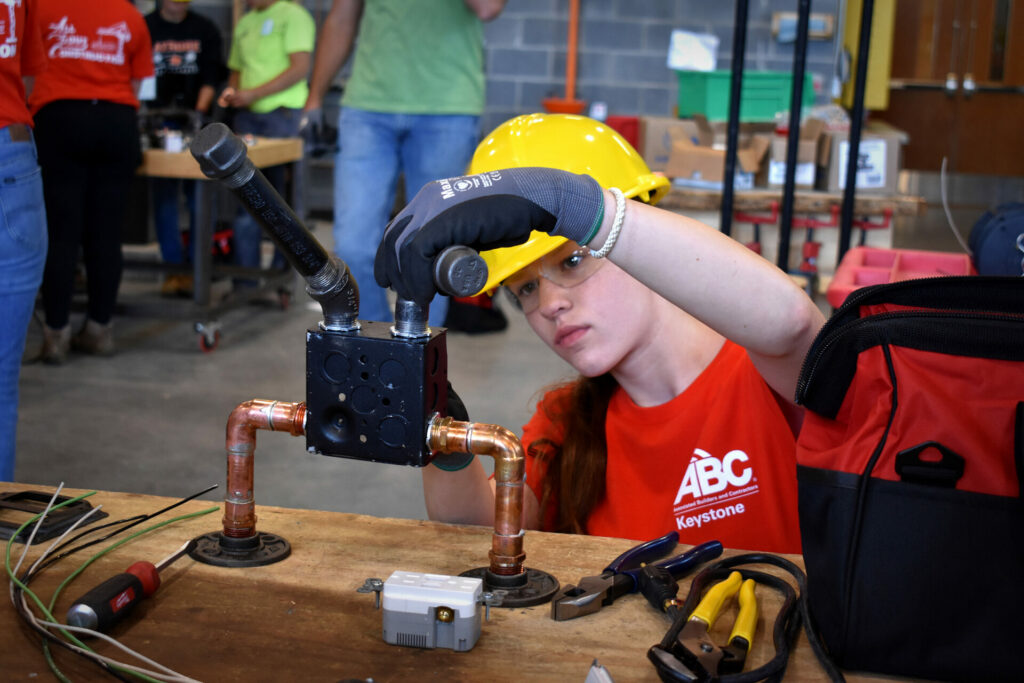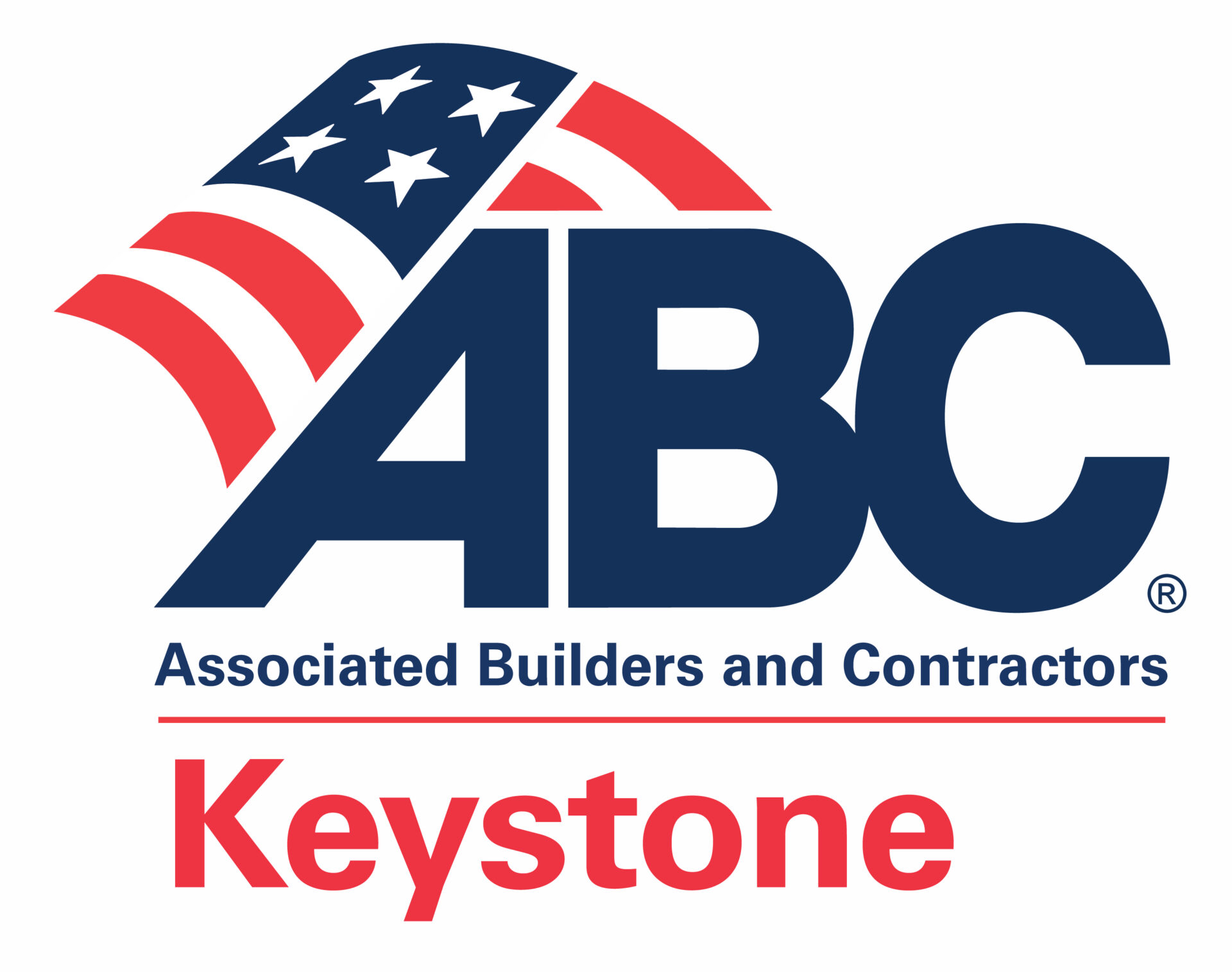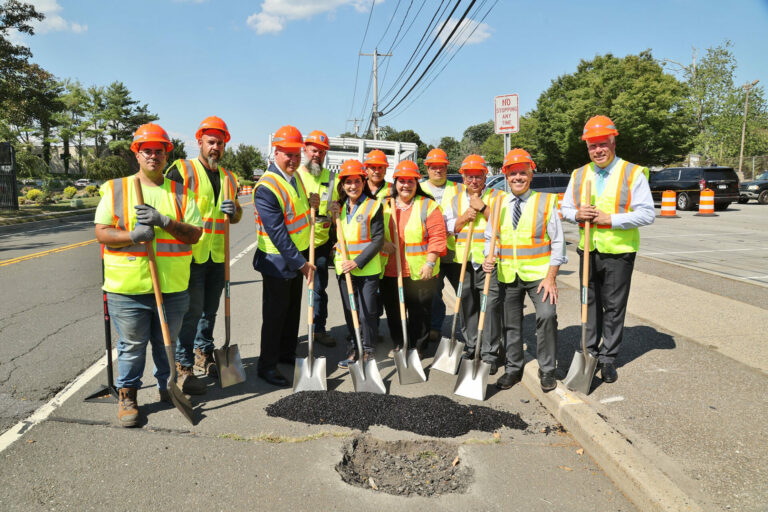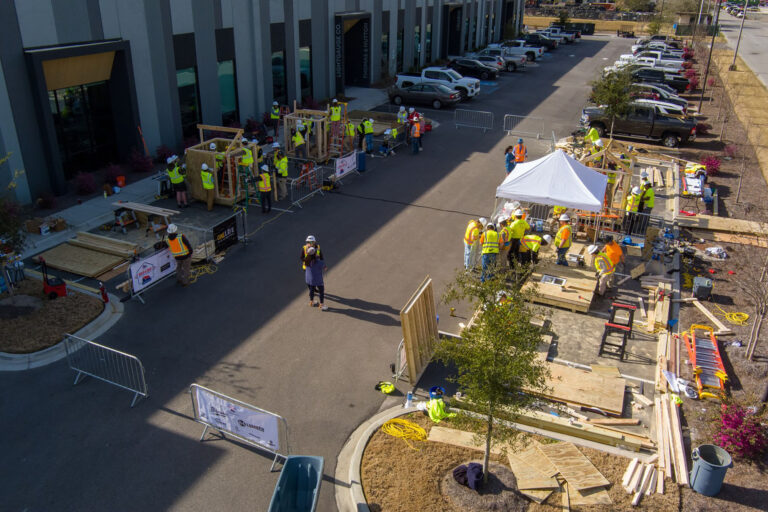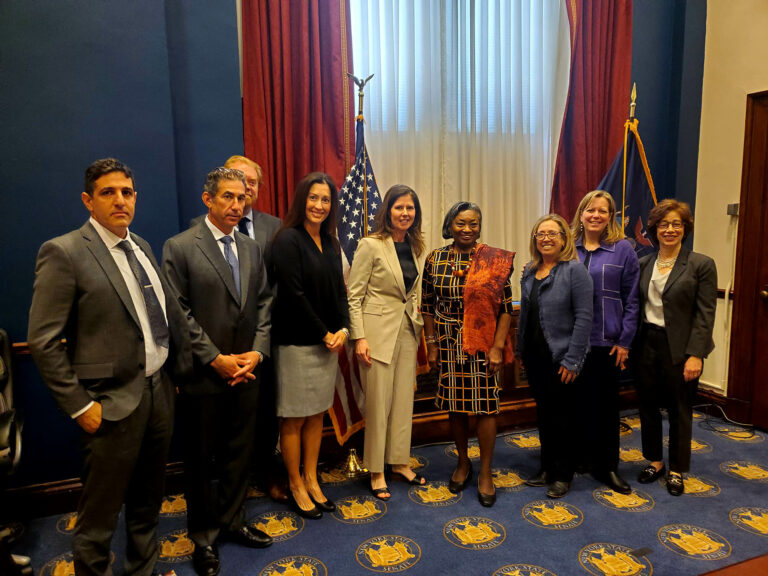Associated Builders and Contractors is a national construction trade association with 68 chapters across the country. The Keystone chapter is one of the oldest within the association, set up in 1959. ABC Keystone has 625 member companies and represents 33 counties of central Pennsylvania, stretching from the New York border down to the Maryland border. David Sload, President and CEO of ABC Keystone, explains how the chapter has three main focuses: advocacy, networking and business development and education and upskilling.
In addition to this, ABC Keystone partnered with the Eastern and Western Pennsylvania chapters to create an organization called ABC Pennsylvania, which acts as the lobbying arm for the chapters. According to Sload, ABC PA employs full-time lobbying staff and works on behalf of ABC in dealing with prevalent industry issues across the state. Sload says that the organization “probably plays defense more than offence from a legislative perspective.” However, he acknowledges that the organization has had to fight potential legislation and file suits against departments within the state to prevent introduction of harmful legislation.
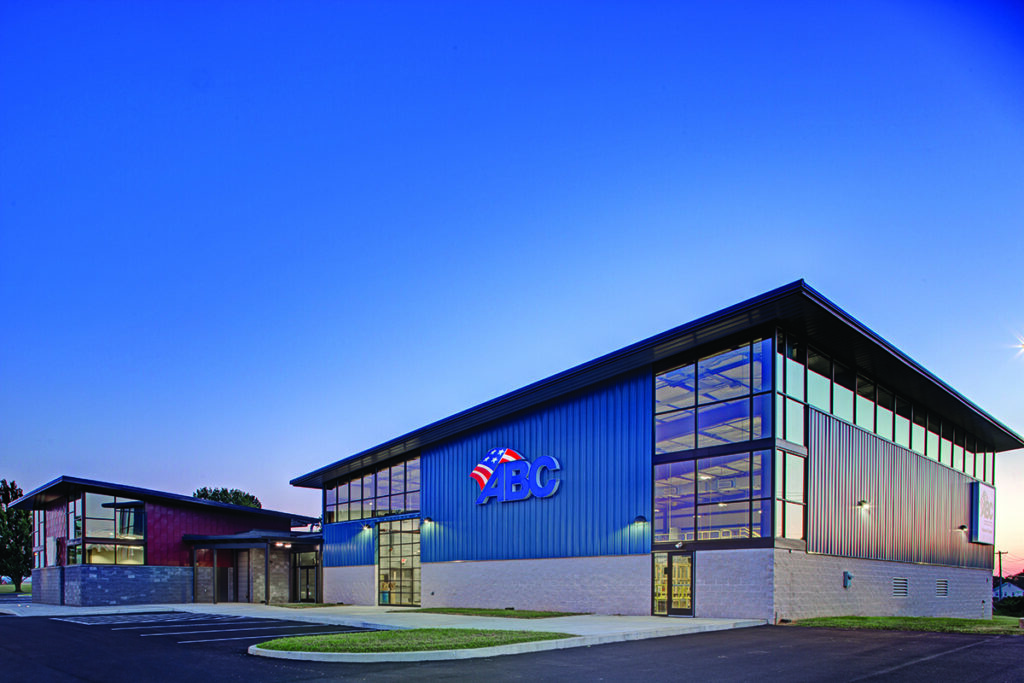
Currently, the organization is trying to promote changes in apprenticeship legislation in Pennsylvania, with Sload explaining “it’s been a long battle, but we’re still fighting for it.” The issue, primarily revolving around apprenticeship ratios, is one that has been on the agenda for many years. Sload explains that apprenticeship “in and of itself [is] a complex, convoluted process.”
However, according to Sload, ratios are required regarding the number of apprentices you can have on a jobsite compared to journeypersons. While he acknowledges that this is not a new requirement, Sload notes that union contractors within Pennsylvania “enjoy a different set of standards than non-union contractors do.”
The legislation that ABC PA is fighting for is “purely to level the playing field so that any construction company, regardless of [union] affiliation, would have the same rights.”
Since 1968, ABC Keystone has been a provider of registered apprenticeships in the 11 trades and is recognized by both the state and federal departments of labor. Depending on the type of education, these are two- to four-year programs where students are fully employed while also attending classes twice a month through the organization to obtain their journeypersons’ credentials. Sload explains that, “with apprenticeship upskilling, the student attends classes for theory but at the same time we put them out in the shop for hands-on experience.”
“With apprenticeship upskilling, the student attends classes for theory but at the same time we put them out in the shop for hands-on experience.”
This experience takes place in the apprenticeship area at ABC Keystone’s facility, set up with an 8,000-square-foot shop surrounded by classrooms. Described as a “little unique” by Sload, the classes that students attend are held during the day, as opposed to the traditional method of night classes. ABC Keystone has just added the 11th trade to its apprenticeship program called ‘Assembler in Pre-Engineered Buildings,’ with Sload explaining that ABC Keystone is the first in the Commonwealth to provide it. “We are always looking at ways we can expand and improve apprenticeship education opportunities for our members and for the industry,” said Sload.
In order to support the industry in key areas such as skilled worker shortages, ABC Keystone has a two-step process regarding workforce development—getting people in the industry and creating a pathway to keep them in it. Alongside apprenticeships, the organization offers a range of other programs to educate the next generation about a career in construction.
Around five years ago, ABC Keystone got “very serious about connecting with the school systems” and now runs a career awareness program twice a year for middle schoolers. In addition to attending talks by employees in the field about working in the industry, this program offers students the chance to come in, spend a day working to create a project introducing them to trades such as sheet metal, carpentry, plumbing, masonry and electrical. The organization also offers pre-apprenticeship programs designed for 11th and 12th graders run both in ABC Keystone’s facility and in schools. Sload describes this as a “higher level construction awareness program” as students come out of it with some certifications such as OSHA 10, which the organization can then give them credits, should they enroll in an apprenticeship program.
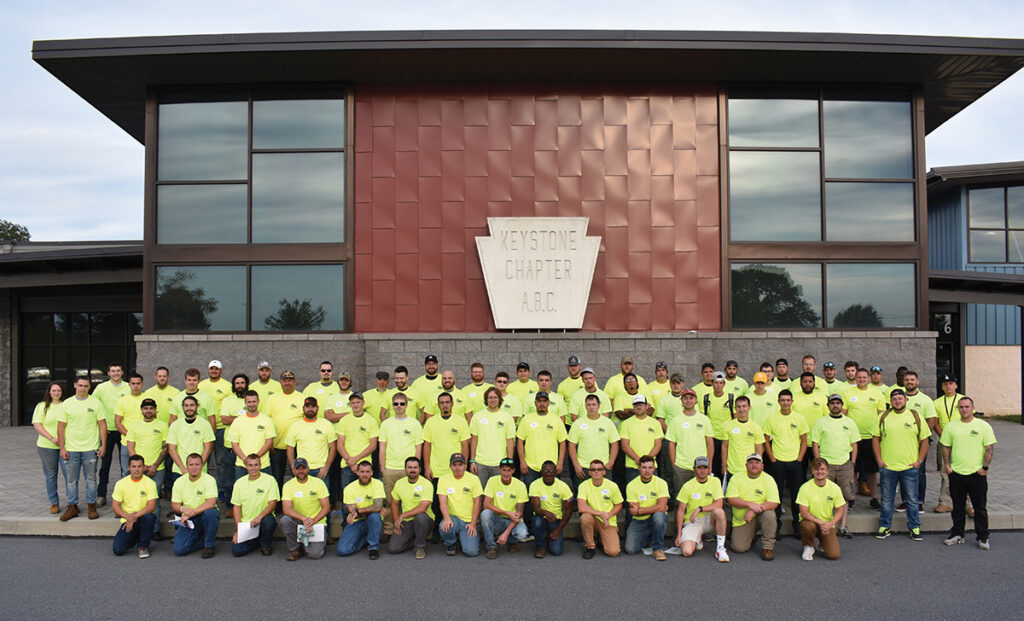
ABC Keystone also runs an All ‘bout Construction (ABC) camp over the summer for 14- to 18-year-olds where students can spend time in the shop with apprentices and instructors while also going out on jobsites. Regarding getting people into the workforce, Sload foresees the need for change to “onerous laws within Pennsylvania that have been around a long time.” One aspect that is in need of change is to open the doors for the reentry process of potential employees, which Sload describes as being a “potentially good pool.”
Sload goes on to explain that once people are in the industry, retention is key. “Apprenticeship is one part of workforce development, but we provide education and training for the construction worker from laborer to CEO,” said Sload.
This broad suite of training and support programs can be seen throughout the initiatives that are offered through ABC Keystone. From upskilling in estimating, project management, blueprint reading, specialized courses around skilling up and a CEO roundtable peer group along with training sessions, the opportunities are endless. Not including apprenticeships, there are around 160 offerings a year for these courses for people who are already in the industry. Sload states that “if you need education and upskilling in the industry, you think of ABC Keystone.”
Safety is very important to ABC Keystone: the organization has a full-time director of safety on staff, whose focus is to provide safety training including first-aid CPR, OSHA 10 plus OSHA 30, confined space training, NFPA and E70 electrical training. Sload says that ABC Keystone can provide “just about any safety education that’s out there in the construction industry.”
While Sload expects the outlook for the industry to remain “sustainable” for the rest of 2022, there is concern for 2023. As supply chain issues, materials prices increases and workforce shortages have impacted companies across the country in 2022, members’ backlogs remain “fairly consistent” while job schedules are getting longer. This, in turn, leads to a drop in margins as companies must now absorb higher costs. “There is an extreme concern, not for early 2023 but for late 2023. We’re sensing in the industry that we could be looking at a recession in late 2023,” said Sload.
According to Sload, the nationwide construction industry is currently 650,000 people short. Sload says that, although the data suggests this trend will continue to worsen, the overall picture is one of positivity. “Construction is still one of the few ‘great American dream’ careers. So many of our members, so many of our contractors in [the] industry started in the trenches of labor, and they now own their own company. There [are] very few industries in which you can accomplish those kinds of dreams.”









